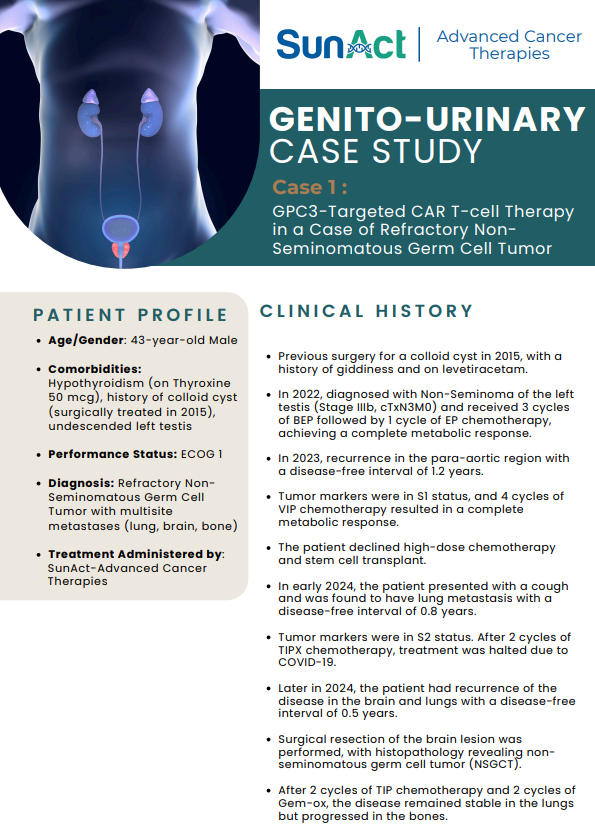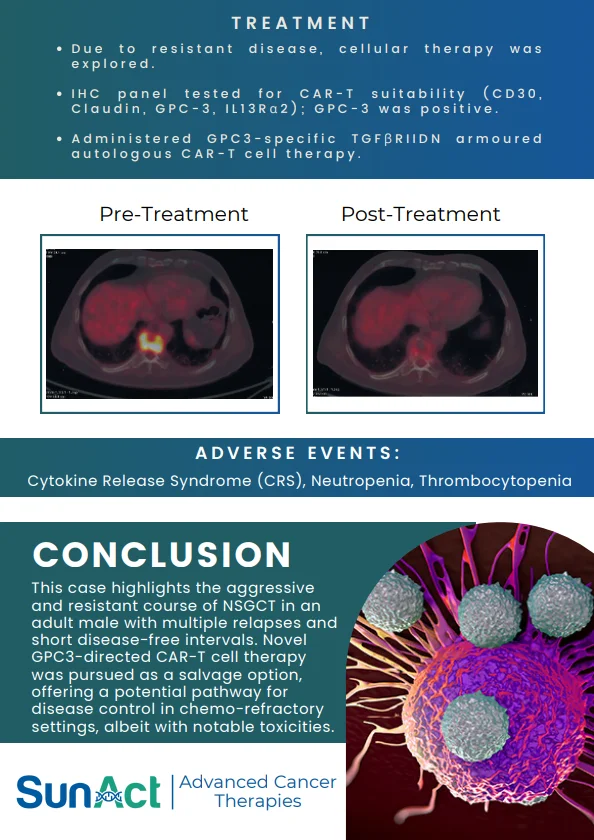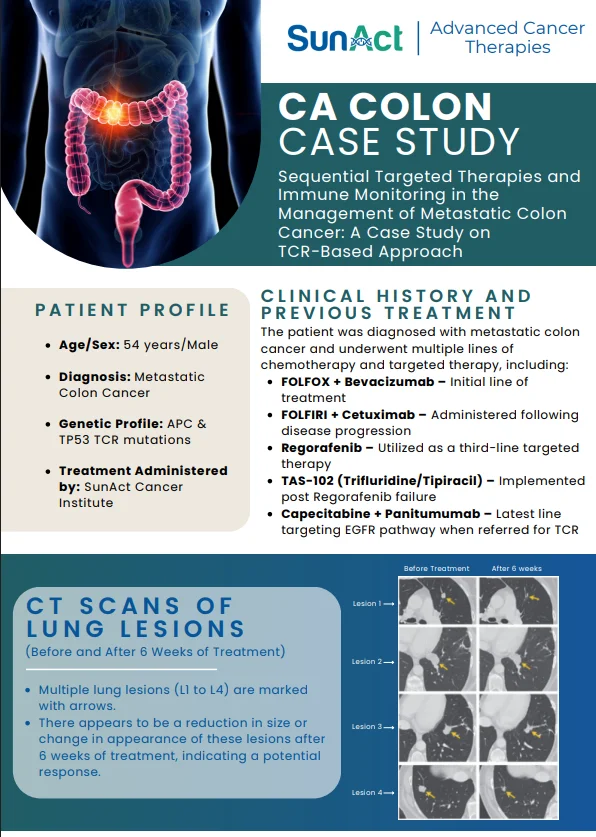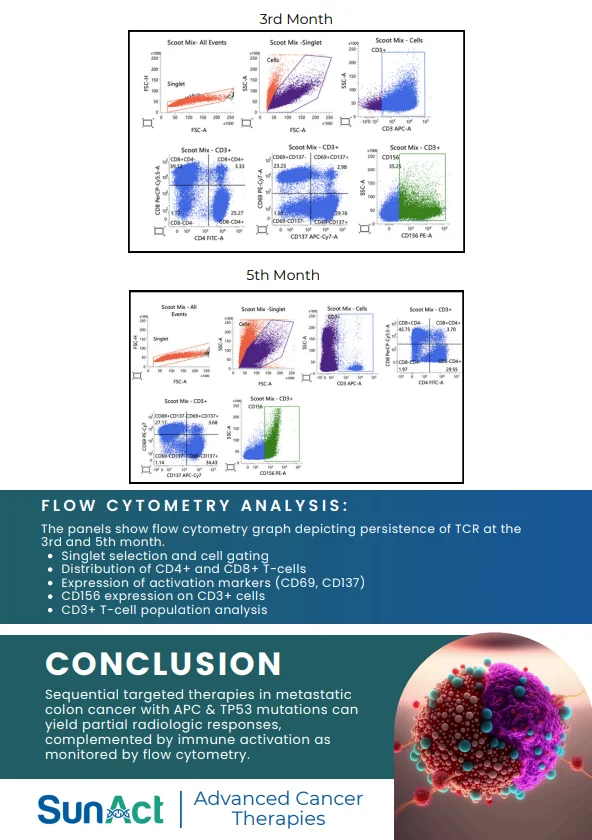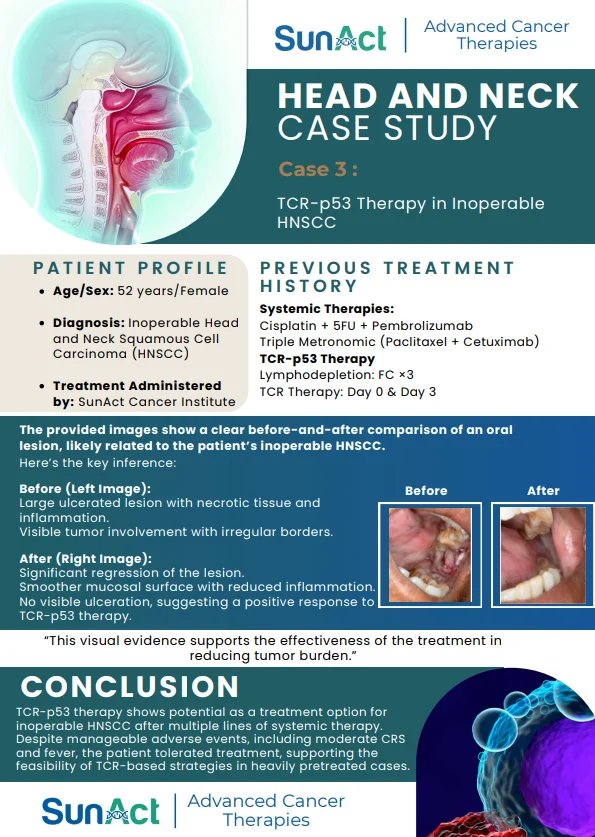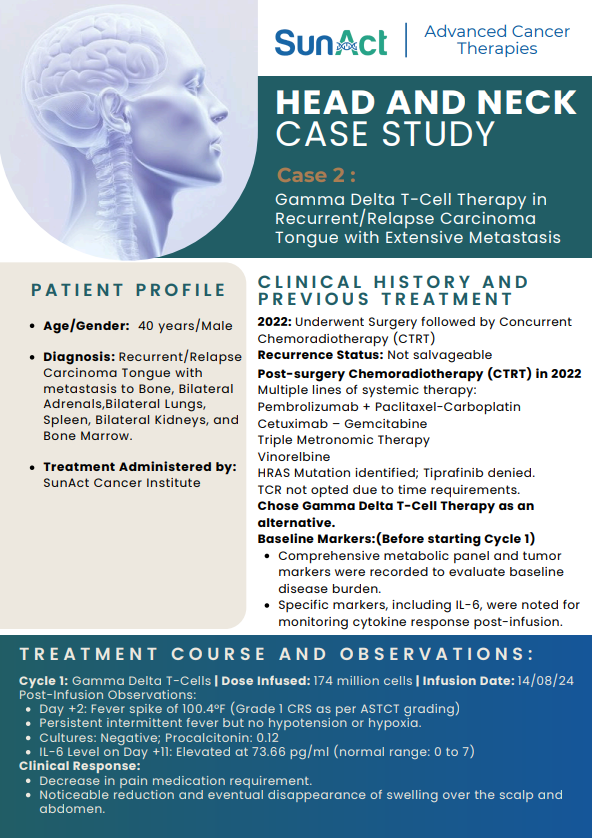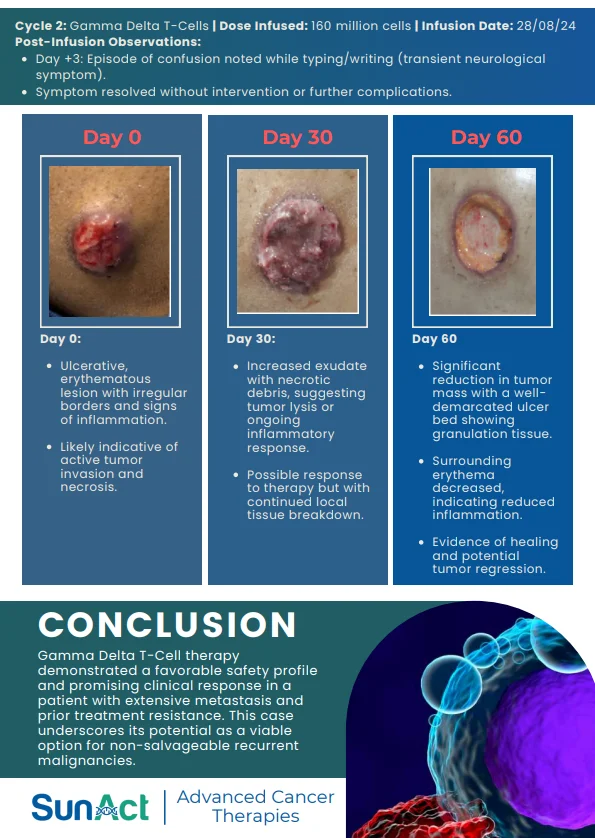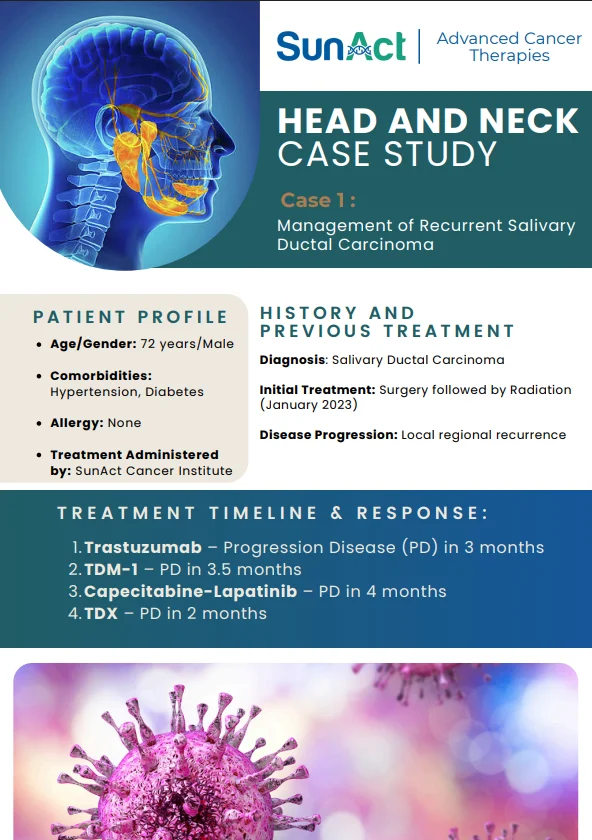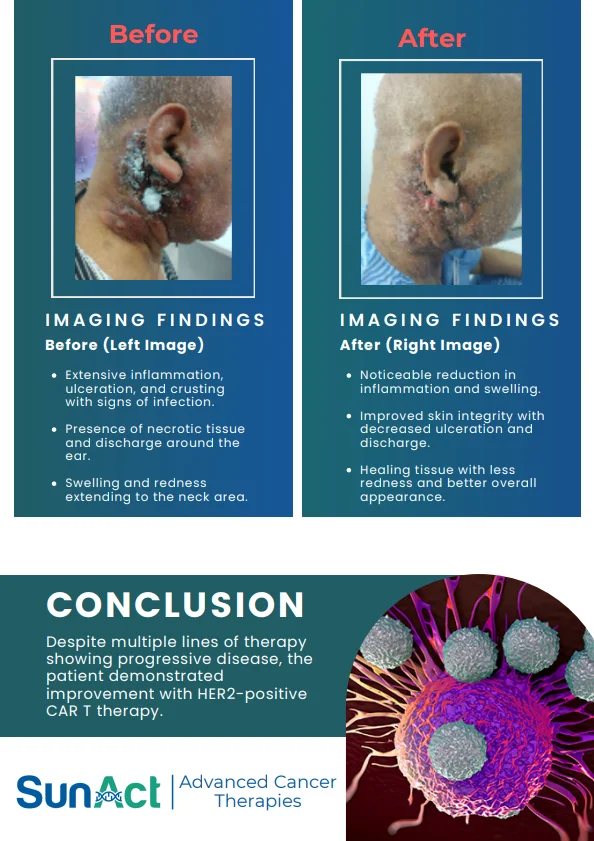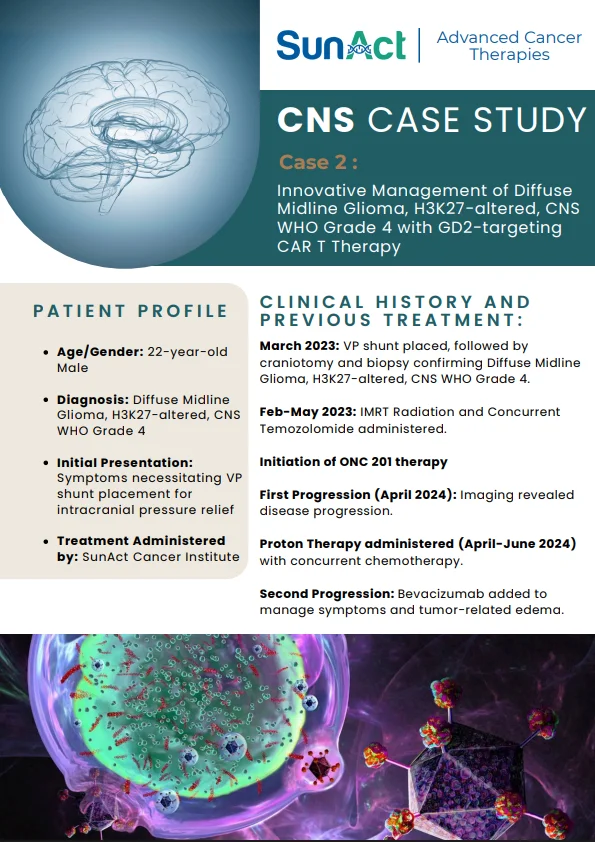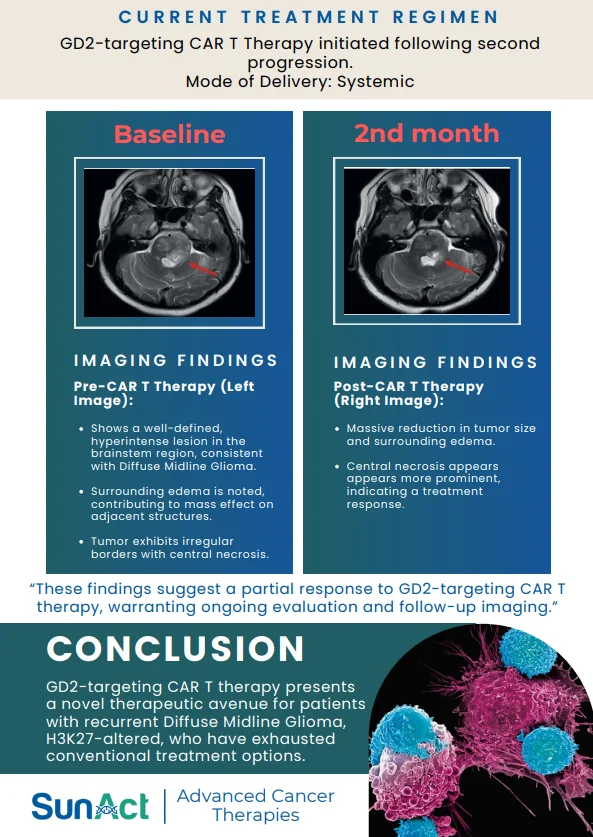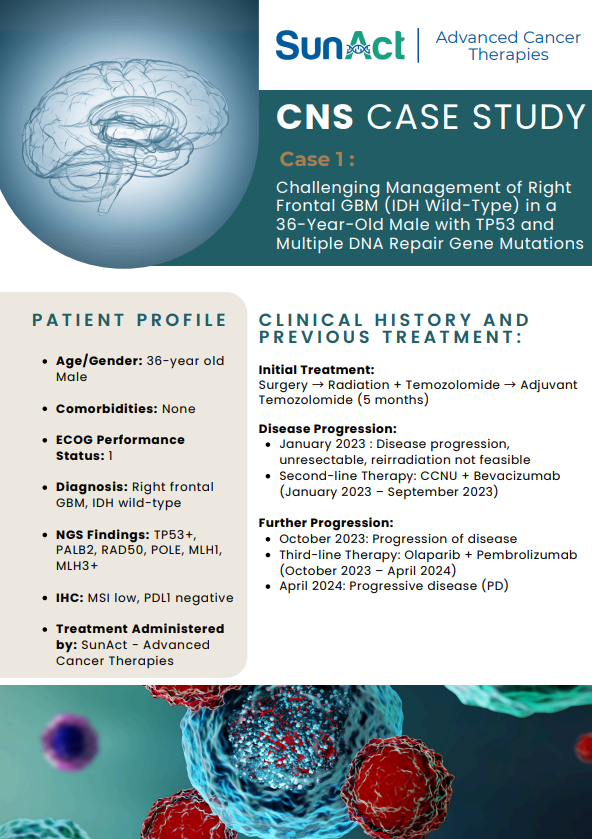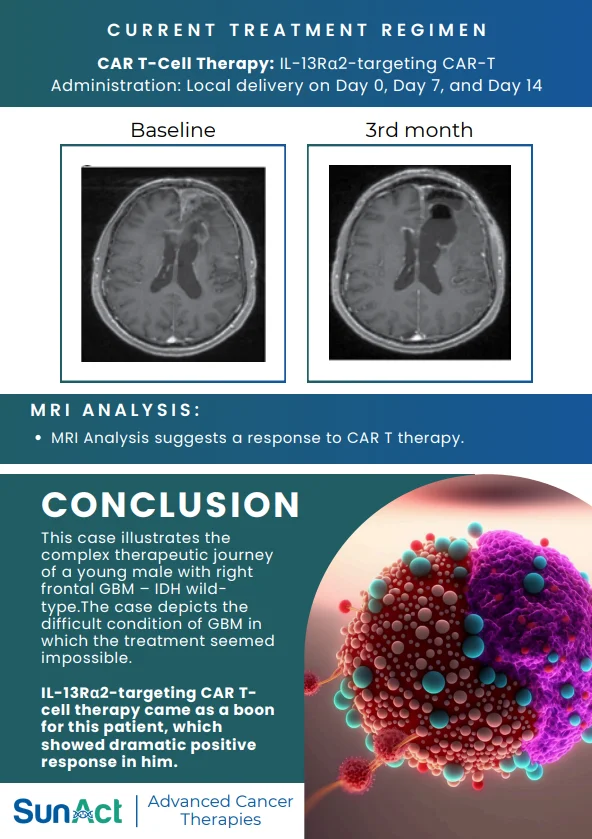11 April 2025
For children with certain life-threatening conditions like leukaemia, severe aplastic anaemia, or inherited immune disorders etc. Hematopoietic Stem Cell Transplantation (HSCT) can be a lifesaving treatment. However, the success of HSCT heavily depends on timely referral to a specialised transplant centre.

Why Timely Referral Matters
Better Survival Rates: Early referral allows optimal pre-transplant evaluation, donor selection, and conditioning, improving engraftment and reducing complications.
Reduced Disease Progression: Delayed referral may lead to advanced disease, infections, or organ damage, making transplantation riskier.
More Donor Options: Early referral increases the chances of finding a well-matched donor (matched family, unrelated), improving outcomes.
When to Refer?
Consider early referral for:
- Transfusion dependent anemias (e.g. Thalassemia, Sickle cell anemia).
- High-risk leukemias or relapsed leukemias or lymphomas.
- Inborn error of immunities (e.g., SCID).
- Bone marrow failure syndromes- Congenital (e.g., Fanconi anaemia) or acquired.
- Certain metabolic disorders (e.g., Hurler syndrome).
Takeaways
Your early suspicion and prompt referral can make a critical difference as a practitioner. If a child has persistent cytopenias, recurrent infections, or a known genetic disorder, consult a pediatric haematologist/oncologist without delay.
Timely HSCT can turn a fatal diagnosis into a survivable condition—your awareness saves lives!

